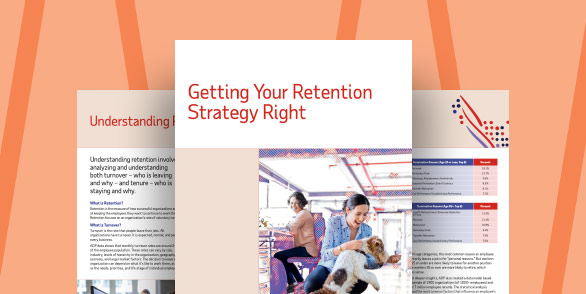Leave of absence can be both a legal requirement and a benefit employers use to attract talent. However you view it, you need to thoroughly understand the Family Medical and Leave Act (FMLA)1, state regulations and your existing company policies. You wouldn’t want to deny an employee paid sick leave, for instance, if your handbook says that he or she is entitled to it. Additionally, properly tracking leave of absence requests is essential to maintaining productivity.
Know the FMLA guidelines and leave of absence laws in your area
The FMLA states that eligible employees with qualified family or medical reasons are entitled to job-protected leave. While there is no national law guaranteeing paid leave, many state, city and local governments require it. Because of these variations in policy, it’s important to stay up-to-date with current and proposed legislation in all the locations where you have employees. In general, you should not:
- Refuse employee requests for medical, family or sick leave
- Fire an employee for attending jury duty or other activities subject to protection
- Refuse to cover an employee’s health insurance during a leave of absence if required by law or company policy
In addition to legal penalties, failing to provide adequate leave of absence reduces employee morale if they feel they’re not receiving an entitled benefit.
Document company leave of absence policies
Make sure your leave of absence policy is documented in a handbook and communicated to your workforce in a way that’s consistent with notification requirements. Also clearly explain how employees can request leave and check their balances. The request and approval system should be as simple as possible to save employees and managers time.
Track leave of absence to maintain productivity
Improperly tracking paid and unpaid leave can create staffing confusion and shortages if multiple people take leave at the same time. Employees may also end up taking more leave than they are allotted if it’s not documented. All data should be stored in a secure, but accessible system.
1FMLA applies to small and mid-size companies that employee 50 or more people in 20 or more work weeks in the current or preceding year. Businesses with less than 50 employees are exempt.



